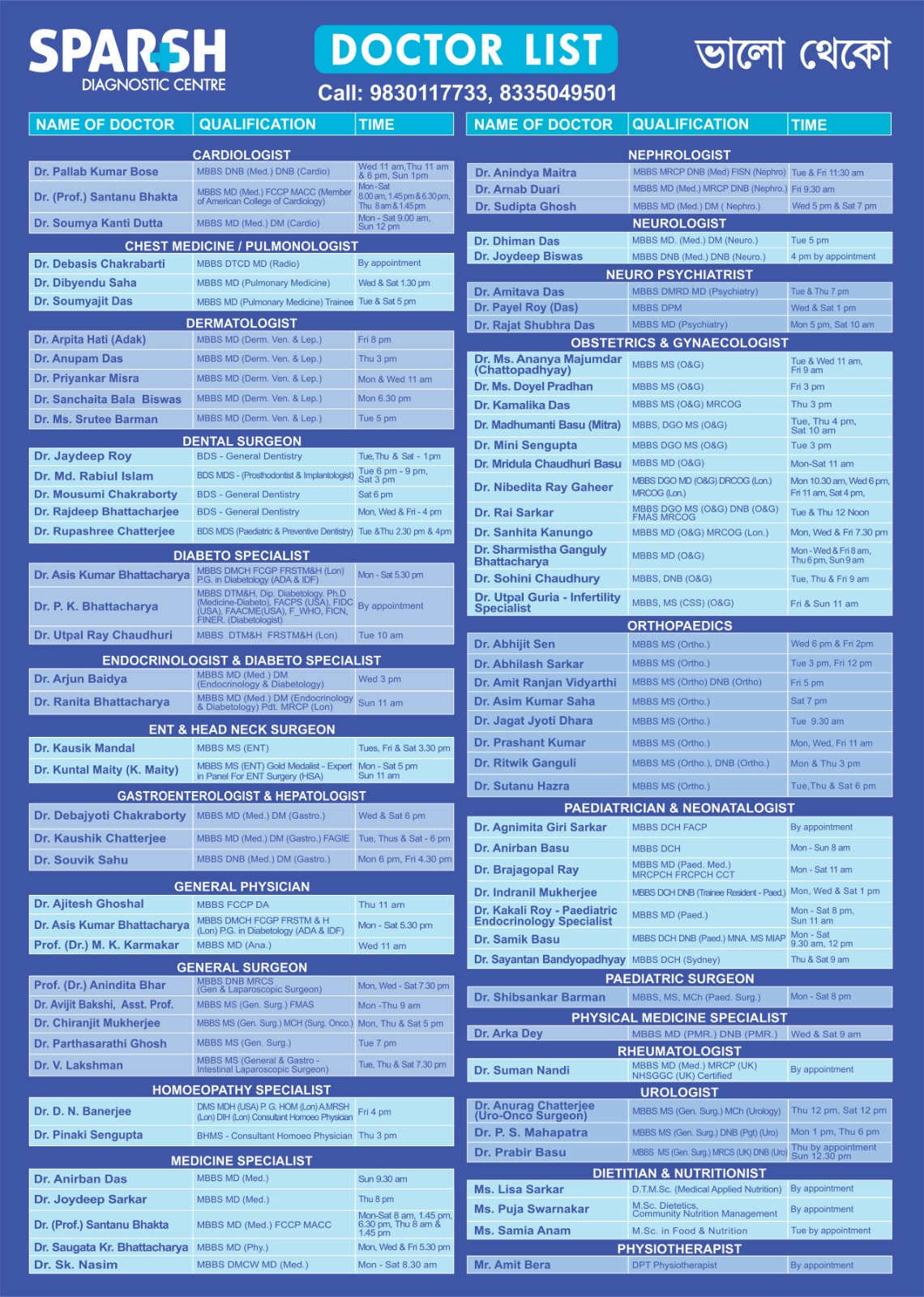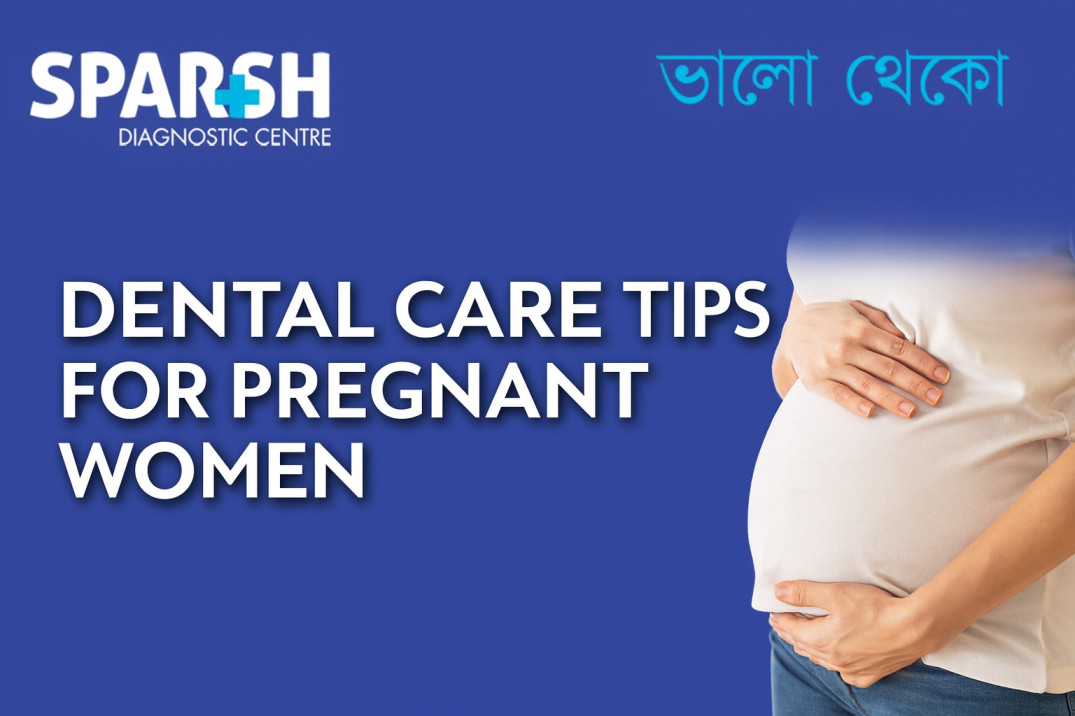Pregnancy brings significant changes to the body—especially hormonal changes that can affect oral health. Many women are unaware that pregnancy can increase the risk of gum disease, tooth decay, and oral infections, which in turn may impact overall health. Proper dental care during pregnancy is not only safe but essential for both the mother and the developing baby.
This comprehensive guide explains why dental care is important during pregnancy, the dental issues expectant mothers commonly face, expert-recommended tips for healthy teeth and gums, and answers to frequently asked questions.
Why does dental care matter during pregnancy?
Hormonal shifts during pregnancy—particularly in estrogen and progesterone—can affect the gums, saliva, and oral bacteria. This makes pregnant women more prone to:
Pregnancy gingivitis
Pregnancy tumours (pyogenic granulomas)
Research shows that poor oral health during pregnancy is associated with premature birth, low birth weight, and other complications. This makes oral hygiene during pregnancy crucial.
Common Dental Problems During Pregnancy
1. Pregnancy Gingivitis
Up to 70% of pregnant women experience gingivitis. Hormonal changes increase gum sensitivity, causing swelling, tenderness, and bleeding while brushing.
2. Periodontal Disease
If gingivitis is left untreated, it may progress to periodontal disease, affecting deeper gum tissues and bone structure.
3. Tooth Decay
Pregnancy cravings, dietary changes, and frequent snacking increase sugar exposure on teeth, raising the risk of cavities.
4. Morning Sickness-Related Erosion
Acid from vomiting can wear down enamel, making teeth weak and sensitive.
5. Pregnancy Tumours
These are benign, red, raspberry-like growths on the gums caused by excess plaque. They usually disappear after delivery.
6. Dry Mouth or Excessive Salivation
Hormonal changes may cause unusual salivary responses, affecting oral comfort and hygiene.
Essential Dental Care Tips for Pregnant Women
1. Schedule a prenatal dental checkup
Before or early in pregnancy, schedule a full dental examination and cleaning. Inform your dentist that you are pregnant so they can take necessary precautions and avoid treatments contraindicated during certain trimesters.
2. Maintain proper brushing and flossing
Brush at least twice daily using a soft-bristled brush and fluoride toothpaste. Floss once a day to clean between teeth where plaque easily accumulates.
3. Use a safe mouthwash
An antimicrobial, alcohol-free mouthwash helps reduce plaque and bacteria. Look for fluoride mouthwash to strengthen enamel.
4. Manage morning sickness correctly
After vomiting, avoid brushing immediately because acid can soften enamel. Instead, rinse your mouth with:
A teaspoon of baking soda mixed with water, or
A fluoride mouth rinse
Brush 30 minutes after rinsing.
5. Stay hydrated
Drink plenty of water throughout the day. Hydration stimulates saliva production, protecting your mouth from harmful bacteria and dryness.
6. Follow a balanced pregnancy diet
Choose foods that support both oral and overall health:
Fresh fruits and vegetables
Whole grains
Dairy products
Limit sugary foods and beverages to reduce cavity risk.
7. Treat gum problems early
Do not ignore bleeding or swollen gums. Early treatment prevents complications and protects both maternal and fetal health.
8. Use fluoride safely
Fluoride toothpaste and treatments are safe during pregnancy and help protect enamel. Your dentist may recommend fluoride varnish if you are at high risk for cavities.
9. Avoid Tobacco and Alcohol
Smoking and alcohol consumption increase the risk of gum disease, oral cancer, and pregnancy-related complications.
10. Stay relaxed during dental visits
Dental treatment is safe during pregnancy, especially in the second trimester. Routine procedures like cleaning and fillings can be safely performed. Urgent treatments should not be delayed.
11. Consider using an extra-soft brush if your gums hurt
Pregnancy may make gums more sensitive. Switching to an extra-soft toothbrush can prevent discomfort while maintaining cleanliness.
12. Watch out for Pregnancy Tumours
If growths appear on your gums, remain calm. These usually resolve after childbirth. Your dentist may remove them if they bleed excessively or cause discomfort.
13. Avoid dental X-Rays unless necessary
Modern dental X-rays—with proper shielding—are safe, but should be limited during pregnancy unless needed for emergency diagnosis.
14. Don’t skip dental appointments
Many women avoid dental visits during pregnancy, fearing harm to the baby. However, routine care is beneficial and recommended.
Safe Dental Treatments During Pregnancy
Safe Treatments:
Dental fillings
Tooth extraction (if necessary)
Fluoride treatments
Second Trimester is ideal for procedures
Most non-emergency dental procedures are best performed during the second trimester when pregnancy discomfort is minimal and fetal development is stable.
Emergency treatments should NOT be delayed
Untreated dental infections can be more dangerous than treatment itself.
Diet Tips to Protect Teeth During Pregnancy
Eat Calcium-Rich Foods
Calcium is essential for fetal bone and teeth development and prevents mineral loss from the mother’s teeth.
Choose Tooth-Friendly Snacks
Instead of sweets, opt for:
Yogurt
Nuts
Cheese
Fresh vegetables
Fruits like apples and pears
Limit Sugary Cravings
If you do indulge, rinse thoroughly afterward and brush when possible.
How Hormones Influence Oral Health
Pregnancy hormones:
Increase blood flow to gum tissues
Heighten inflammation responses
Encourage plaque buildup
Alter oral bacteria composition
Understanding these effects can help women be more proactive about oral hygiene.
When to Visit a Dentist During Pregnancy
You should book an appointment if you experience:
Persistent bleeding gums
Severe toothache
Swollen or tender gums
Loose teeth
Bad breath that doesn’t go away
Pus or signs of infection
Visible tooth decay
Pregnancy tumours
Early intervention prevents complications.
Frequently Asked Questions (FAQ)
1. Is dental treatment safe during pregnancy?
Yes. Dental cleanings, fillings, and necessary treatments are safe, especially during the second trimester. Emergency procedures should not be delayed.
2. Can pregnancy affect oral health?
Yes. Hormonal changes may lead to gingivitis, gum swelling, tooth decay, and enamel erosion.
3. Can poor oral health affect the baby?
Yes. Untreated gum disease is associated with premature delivery and low birth weight.
4. Is it safe to get dental X-rays while pregnant?
Dental X-rays are safe when using protective shielding, but they should only be taken when absolutely necessary.
5. What should I do if I vomit frequently due to morning sickness?
Rinse with a baking-soda–water mixture or fluoride mouthwash. Avoid brushing immediately after vomiting.
6. Can I use fluoride toothpaste when pregnant?
Absolutely. Fluoride strengthens enamel and helps prevent cavities.
7. My gums bleed during pregnancy. Should I worry?
Mild bleeding may be due to pregnancy gingivitis, but you should still consult a dentist to prevent complications.
8. When should a pregnant woman avoid dental treatment?
The first trimester and late third trimester are generally not preferred for elective dental procedures.
9. Are pregnancy tumours dangerous?
No. They are benign and often disappear after childbirth. Removal is only needed if they interfere with daily activities.
10. How often should I visit the dentist while pregnant?
At least once during pregnancy, but more frequent visits may be needed if you have existing gum or tooth problems.
Dental care during pregnancy is essential for maintaining oral health and supporting a healthy pregnancy. Hormonal changes may make gums more sensitive and increase the risk of gum disease and tooth decay, but proper oral hygiene, routine dental checkups, and healthy eating habits can prevent most issues. By following these guidelines and consulting your dentist regularly, you can ensure a healthy smile throughout your pregnancy and beyond.
To consult a Dentist at Sparsh Diagnostic Centre for treatment of Toxic Megacolon, call our helpline number 9830117733.
#BhaloTheko
Disclaimer:
No content on this site, regardless of date, should ever be used as a substitute for direct medical advice from your doctor or other qualified clinician.

![]()





